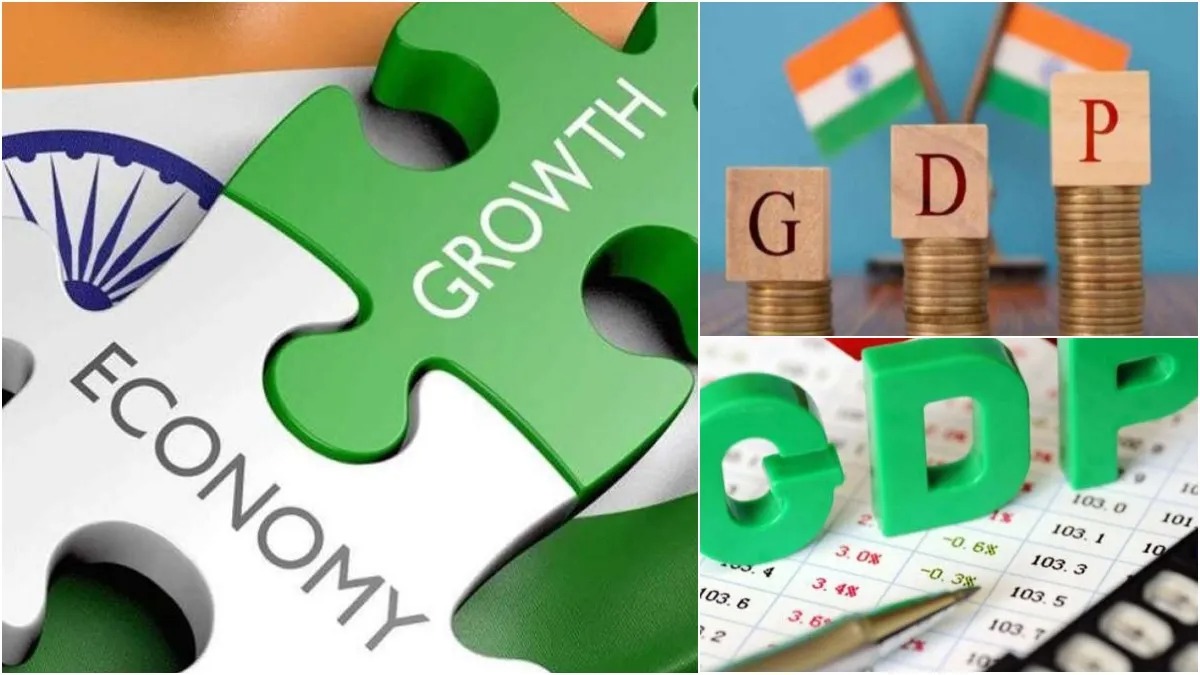
India’s financial sector has become more resilient and diversified in recent years, according to the International Monetary Fund (IMF). The IMF released this assessment under the Financial Sector Assessment Program (FSAP), a joint initiative with the World Bank, which evaluates financial systems based on global standards.
The findings are part of the India-FSAP 2024 report, while the separate FSAP report for West Bengal is yet to be published.
Recovery from Past Crises and the Pandemic
The report highlights India's rapid economic growth and effective pandemic management as key drivers of financial sector strength. The Indian financial system has successfully recovered from the financial stress of the 2010s and has handled recent global challenges effectively.
The RBI (Reserve Bank of India) welcomed the findings, stating:
“India welcomes the assessment of the Indian financial system by the joint IMF-World Bank team in line with the highest international standards.”
Key Takeaways from the FSAP 2024 Report
The Indian financial system is now more diverse and interconnected, with increased reliance on non-bank financial institutions (NBFIs) and market-based financing.
Government-owned financial institutions still hold a significant share of the sector.
Stress tests conducted show that core lending sectors remain largely resilient to macro-financial shocks, despite some vulnerabilities.
Growth in Insurance and Regulatory Enhancements
The insurance sector—both life and general—is growing rapidly, with a robust market presence.
Banks and NBFCs maintain sufficient capital buffers to withstand even adverse macroeconomic conditions.
India’s systematic approach to NBFC regulation and supervision received praise, along with enhancements in the securities markets’ regulatory framework.
Authorities have strengthened cybersecurity monitoring, especially in banking, to counter emerging risks.
IMF Criticizes Pakistan’s Tax Exemption Proposal
In contrast to India's positive assessment, the IMF declined to support Pakistan's Special Investment Facility Council (SIFC) on granting tax exemptions for foreign investments, including the $2 billion Chaghi-Gwadar railway project.
Discussions between the IMF and Pakistan continue as they prepare the next federal budget, expected to be presented in Parliament soon.

 Share
Share






